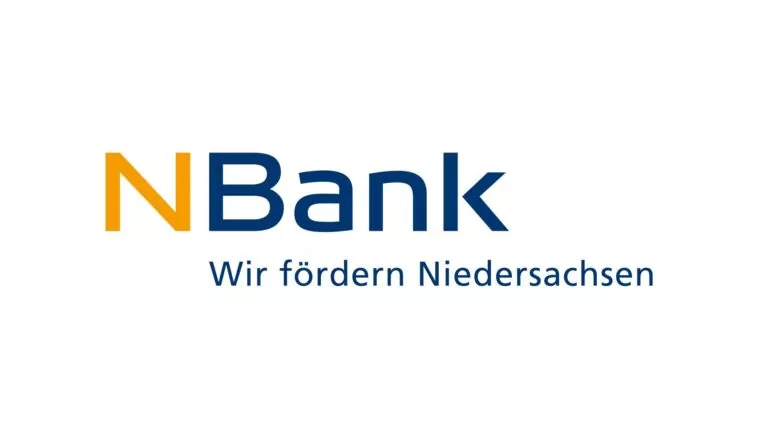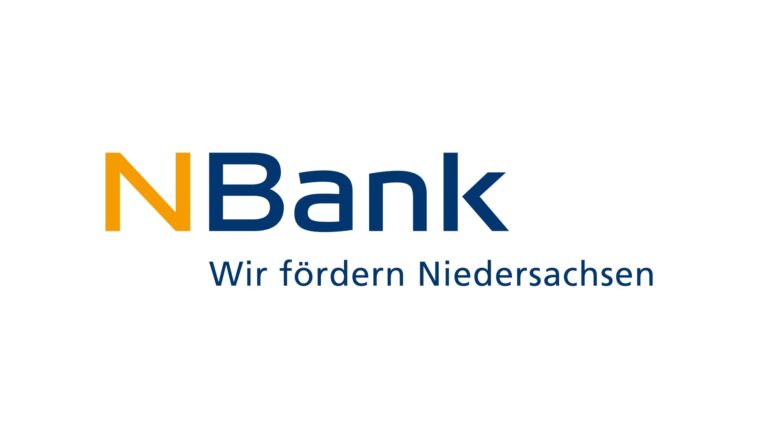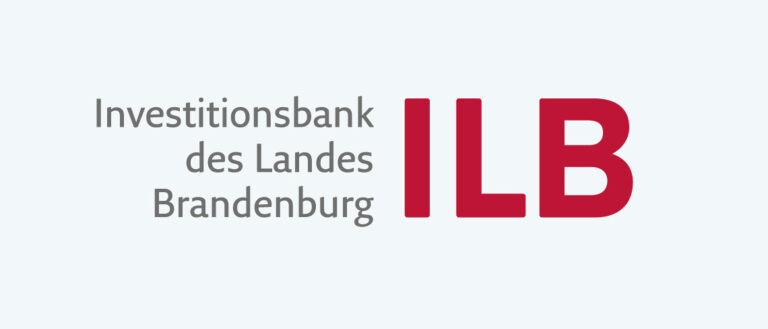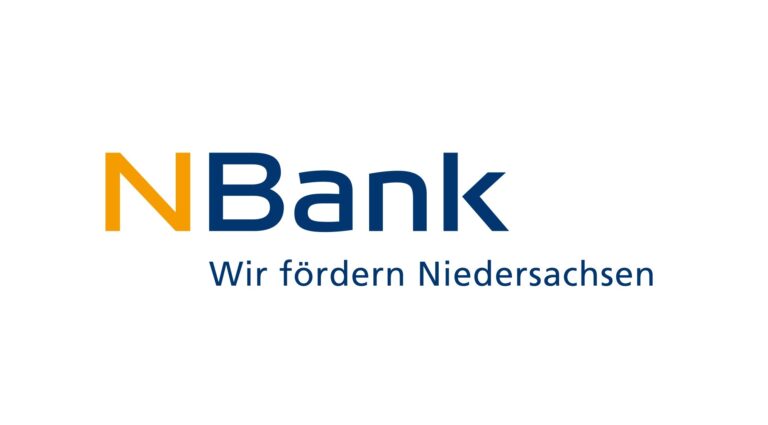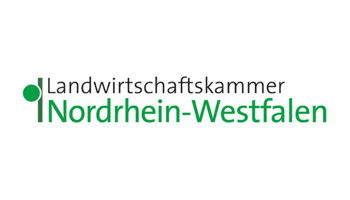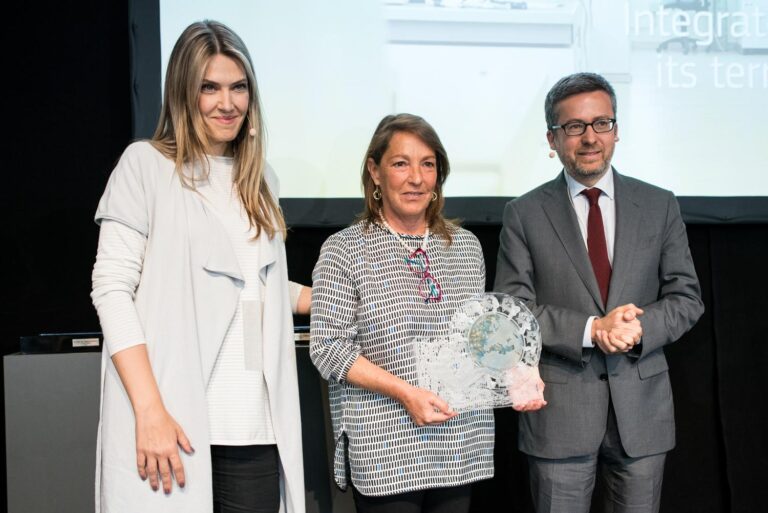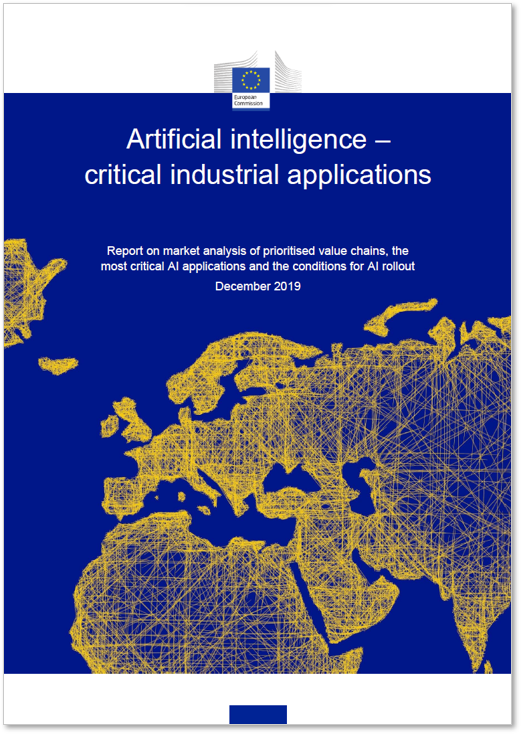Add to favorites:
Share:
Projects should contribute to all of the following expected outcomes:
- Policymakers, social partners, and other relevant stakeholders have better understanding of gender differences in career trajectories of parents and their consequences for gender inequalities in the labour market and within households.
- Policymakers, social partners, and other relevant stakeholders have better understanding of links between parental career- and childcare-related decisions, family well-being, and different policy/institutional settings.
- Providing policymakers with effective policy options that help reduce gender gaps in labour market outcomes of parents and support family well-being.
Gender differences in career trajectories of parents account for large shares of gender employment and pay gaps. This is often referred to as child/motherhood penalties for women (as opposed to child/fatherhood premium for men).
The research proposals should identify key gender differences in careers of parents and assess how they affect at least some of the current gender gaps in socio-economic outcomes such as employment, entrepreneurship, choice of occupation, pay, career opportunities, working conditions, (mental) health, or poverty risks. The research should take an intersectional perspective, considering that career trajectories of women and men also depend on other individual and household characteristics, such as household composition (e.g. single parents), socio-economic status, gender identity (e.g. LGBTIQ parents), migrant background or racial or ethnic origin.
The proposals should assess key positive and negative consequences of different career trajectories of parents for families, taking into consideration the diversity of family arrangements, age and number of children (with emphasis on pre-school ages), quality and stability of family relationships, the availability of economic and social resources, and family well-being.
The proposals should analyse key drivers of parental career and household-related decisions, paying particular attention to the division of unpaid childcare within households, social and cultural norms and stereotypes, work cultures in different economic sectors and occupations, and institutional and policy settings (e.g. childcare, maternity/paternity/parental leaves and other work-life balance policies such as flexible working arrangements or telework).
Where applicable, proposals should leverage the data and services available through European Research Infrastructures federated under the European Open Science Cloud, as well as data from relevant Data Spaces. Particular efforts should be made to ensure that the data produced in the context of this topic is FAIR (Findable, Accessible, Interoperable and Re-usable).
The proposals should:
- Explore the use of longitudinal data from administrative or survey sources on parental careers and/or children’s well-being;
- Explore both individual and structural drivers of gender differences in career trajectories of parents through quantitative models;
- Provide in-depth insight into careers of mothers and fathers, and their implications for family well-being, through qualitative research and case studies.
Within the broad scope of SSH research described above, the proposals are encouraged to pay particular attention to:
- Exploring how specific features of early childhood education and care systems (e.g. quality, availability or affordability) affect child participation and family wellbeing;
- Exploring how child/parent friendly workplaces and organisational cultures affect parental careers and family well-being;
- Quantifying economic costs of child/motherhood penalties;
- Reflecting on how child/motherhood penalties affect women from migrant backgrounds, for example in the context of migration flows following the Russia’s war of aggression on Ukraine;
- Investigating the impact of heteronormative norms, discrimination, and support systems on LGBTIQ parents’ career trajectories and family well-being.
Expected Outcome
Projects should contribute to all of the following expected outcomes:
- Policymakers, social partners, and other relevant stakeholders have better understanding of gender differences in career trajectories of parents and their consequences for gender inequalities in the labour market and within households.
- Policymakers, social partners, and other relevant stakeholders have better understanding of links between parental career- and childcare-related decisions, family well-being, and different policy/institutional settings.
- Providing policymakers with effective policy options that help reduce gender gaps in labour market outcomes of parents and support family well-being.
Scope
Gender differences in career trajectories of parents account for large shares of gender employment and pay gaps. This is often referred to as child/motherhood penalties for women (as opposed to child/fatherhood premium for men).
The research proposals should identify key gender differences in careers of parents and assess how they affect at least some of the current gender gaps in socio-economic outcomes such as employment, entrepreneurship, choice of occupation, pay, career opportunities, working conditions, (mental) health, or poverty risks. The research should take an intersectional perspective, considering that career trajectories of women and men also depend on other individual and household characteristics, such as household composition (e.g. single parents), socio-economic status, gender identity (e.g. LGBTIQ parents), migrant background or racial or ethnic origin.
The proposals should assess key positive and negative consequences of different career trajectories of parents for families, taking into consideration the diversity of family arrangements, age and number of children (with emphasis on pre-school ages), quality and stability of family relationships, the availability of economic and social resources, and family well-being.
The proposals should analyse key drivers of parental career and household-related decisions, paying particular attention to the division of unpaid childcare within households, social and cultural norms and stereotypes, work cultures in different economic sectors and occupations, and institutional and policy settings (e.g. childcare, maternity/paternity/parental leaves and other work-life balance policies such as flexible working arrangements or telework).
Where applicable, proposals should leverage the data and services available through European Research Infrastructures federated under the European Open Science Cloud, as well as data from relevant Data Spaces. Particular efforts should be made to ensure that the data produced in the context of this topic is FAIR (Findable, Accessible, Interoperable and Re-usable).
The proposals should:
- Explore the use of longitudinal data from administrative or survey sources on parental careers and/or children’s well-being;
- Explore both individual and structural drivers of gender differences in career trajectories of parents through quantitative models;
- Provide in-depth insight into careers of mothers and fathers, and their implications for family well-being, through qualitative research and case studies.
Within the broad scope of SSH research described above, the proposals are encouraged to pay particular attention to:
- Exploring how specific features of early childhood education and care systems (e.g. quality, availability or affordability) affect child participation and family wellbeing;
- Exploring how child/parent friendly workplaces and organisational cultures affect parental careers and family well-being;
- Quantifying economic costs of child/motherhood penalties;
- Reflecting on how child/motherhood penalties affect women from migrant backgrounds, for example in the context of migration flows following the Russia’s war of aggression on Ukraine;
- Investigating the impact of heteronormative norms, discrimination, and support systems on LGBTIQ parents’ career trajectories and family well-being.
Partner Requests
Explore Real Collaboration Opportunities
🔍 As a logged-in member, you now have exclusive access to all active Partner Requests for this Funding Call.
See who’s looking for collaborators, explore exciting project ideas, and discover how others are planning to make an impact.
💡 Use these insights to get inspired—or take the next step and start a request of your own (3 entries for free).
Log in or registrate here for free.
You must be logged in to submit or manage a partner request.
Ask our experts about this call
Connect with the Listing Owner!
💬 Please log in now to send a direct message to our experts and ask your questions. Not a member yet? Sign up for free and start connecting today!
Related Funding and Finance Opportunities
Unlock Exclusive Funding Opportunities!
🔑 Get instant access to tailored funding opportunities that perfectly match your needs. This powerful feature is exclusively available to our premium members—helping you save time, stay ahead of the competition, and secure the right funding faster.
Upgrade to Premium now and never miss an important opportunity again! Already a premium member? Log in here to explore your matches.
Related Innovation Offers
Related Knowledgebase Resources
Discover More with Premium: Related Knowledge Resources
🔒 You’re missing out on expert-curated knowledge specifically matched to this topic. As a Premium member, you gain exclusive access to in-depth articles, guides, and insights that help you make smarter decisions, faster.
Whether you’re preparing a funding proposal, researching a new market, or just need reliable information—our Premium knowledge matches save you hours of research and point you directly to what matters.
Upgrade to Premium now and instantly unlock relevant knowledge tailored to your needs! Already a member? Log in here to view your personalized content.




